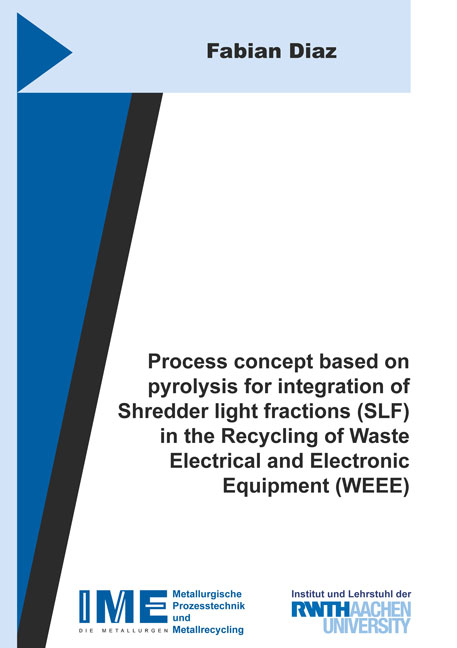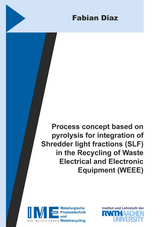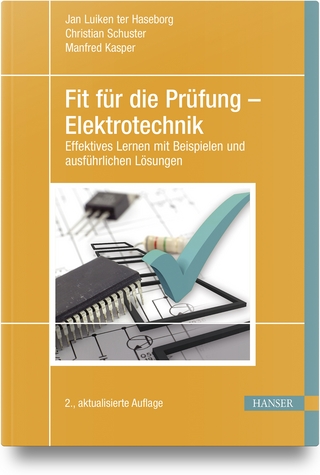Process concept based on pyrolysis for integration of Shredder light fractions (SLF) in the Recycling of Waste Electrical and Electronic Equipment (WEEE)
Seiten
Energy recovery is probably the most common use for SLF due to its considerable amount of intrinsic heat. Nevertheless, recovery of valuable metals can’t be done by these methods. It should be noticed that this material, if coming from the electrical and electronic industry, contains valuable metals in considerable concentrations like copper, tin, lead, zinc, silver, gold, and others. Despite the many attempts trying to find the correct solution for SLF, it is clear that the only feasible way to recover Cu-base metals is by incorporating the material inside the Copper production chain. Nevertheless, direct use of such an organic materials brings considerable challenges for most industrial smelters due to its heterogeneity, high heat value, low density, halogens and high offgas formation. This study has focused on pyrolysis of SLF and has tried to build up the link between pre-processing, end-processing in metallurgical applications.
The findings in this study has given an important prospective for the pyrolysed material to be used as reducing agent in any process where reduction of copper containing slags is required. This work covers from fundamental analysis in pyrolysis, upscaling pyrolysis of SLF from lab to pilot, evaluation of the energetic potential of pyrolysed SLF in the copper industry as well as evaluation of pyrolysed SLF as alternative reducing agent. The last one has been studied from mini-scale in grams to semi industrial application in a Top Blown Rotary Converter (TBRC), where the material has shown its biggest potential if injected with a high speed injector device inside the molten slag under proper reducing conditions. Results indicated the viability due to its good turbulence, rapid reaction and good reduction efficiencies.
The findings in this study has given an important prospective for the pyrolysed material to be used as reducing agent in any process where reduction of copper containing slags is required. This work covers from fundamental analysis in pyrolysis, upscaling pyrolysis of SLF from lab to pilot, evaluation of the energetic potential of pyrolysed SLF in the copper industry as well as evaluation of pyrolysed SLF as alternative reducing agent. The last one has been studied from mini-scale in grams to semi industrial application in a Top Blown Rotary Converter (TBRC), where the material has shown its biggest potential if injected with a high speed injector device inside the molten slag under proper reducing conditions. Results indicated the viability due to its good turbulence, rapid reaction and good reduction efficiencies.
| Erscheinungsdatum | 22.01.2020 |
|---|---|
| Reihe/Serie | Schriftenreihe des IME ; 60 |
| Verlagsort | Düren |
| Sprache | englisch |
| Maße | 148 x 210 mm |
| Gewicht | 240 g |
| Themenwelt | Technik ► Elektrotechnik / Energietechnik |
| Schlagworte | Pyrolyse cokes • Pyrolysis • Pyrometallurgy • Reduction Agent • Shredder light fractions • Thermal Treatment • Waste Electrical and Electronic Equipment • WEEE Recycling |
| ISBN-10 | 3-8440-7170-9 / 3844071709 |
| ISBN-13 | 978-3-8440-7170-2 / 9783844071702 |
| Zustand | Neuware |
| Haben Sie eine Frage zum Produkt? |
Mehr entdecken
aus dem Bereich
aus dem Bereich




